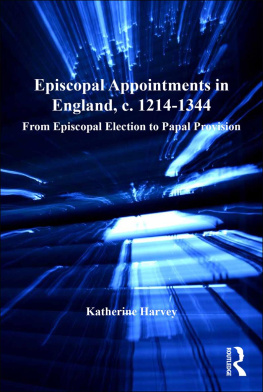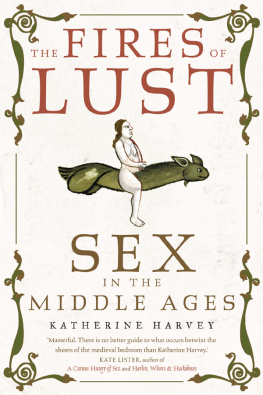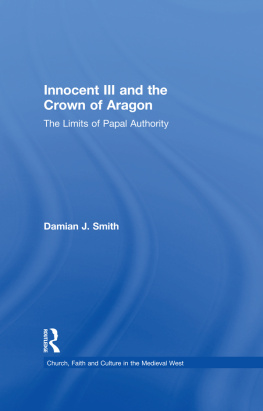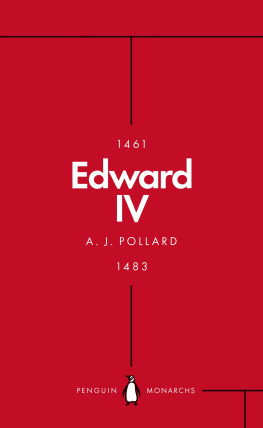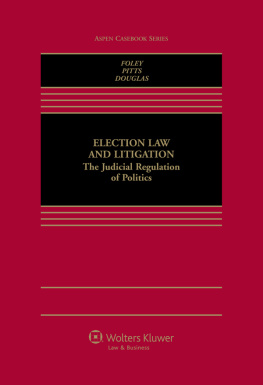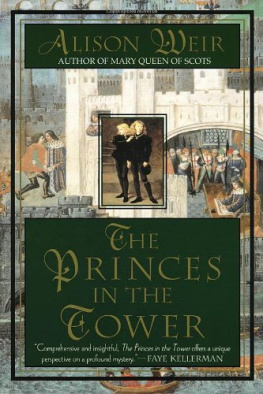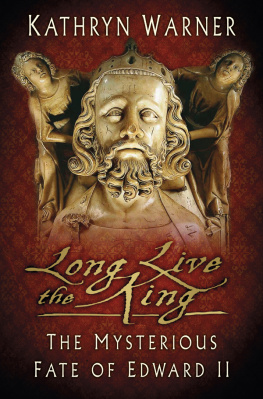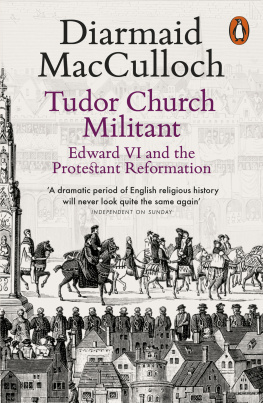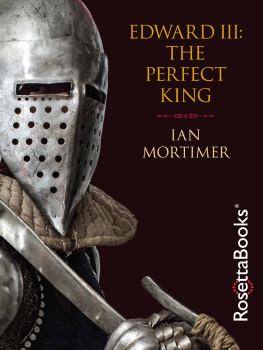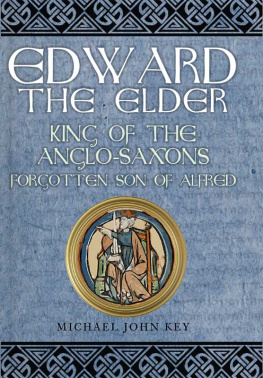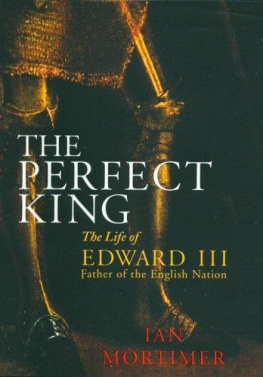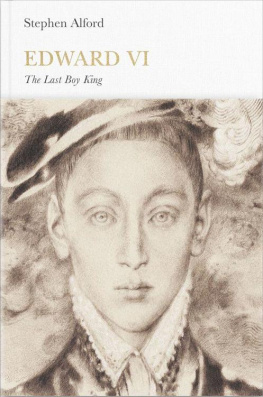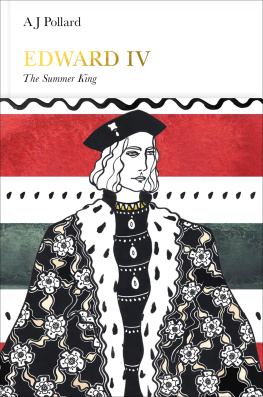Church, Faith and Culture in the Medieval West
General Editors
Brenda Bolton, Anne J. Duggan and
Damian J. Smith
About the series
The series Church, Faith and Culture in the Medieval West reflects the central concerns necessary for any in-depth study of the medieval Church greater cultural awareness and interdisciplinarity. Including both monographs and edited collections, this series draws on the most innovative work from established and younger scholars alike, offering a balance of interests, vertically through the period from c. 400 to c. 1500 or horizontally across Latin Christendom. Topics covered range from cultural history, the monastic life, relations between Church and State to law and ritual, palaeography and textual transmission. All authors, from a wide range of disciplinary backgrounds, share a commitment to innovation, analysis and historical accuracy.
About the volume
Bishops were central figures in medieval society and the circumstances of their appointments are of great historical importance. This book considers the theory and practice of free canonical election in its heyday under Henry III and Edward I, and the nature of and reasons for the subsequent transition to papal provision. An analysis of the theoretical evidence for this subject (including canon law, royal pronouncements and Lawrence of Somercotes remarkable 1254 tract on episcopal elections) is combined with a consideration of the means by which bishops were created during the reigns of Henry III and the three Edwards.
About the author
Katherine Harvey is Associate Lecturer in Medieval History at Birkbeck University of London.
EPISCOPAL APPOINTMENTS IN ENGLAND, C. 1214-1344
Church, Faith and Culture in the Medieval West
General Editors
Brenda Bolton, Anne J. Duggan
and Damian J. Smith
Other titles in the series:
Joachim of Fiore and the Influence of Inspiration
Essays in Memory of Marjorie E. Reeves (1905-2003)
Edited by Julia Eva Wannenmacher
Entering a Clerical Career at the Roman Curia, 1458-1471
Kirsi Salonen and Jussi Hanska
Pope Alexander III (1159-81)
The Art of Survival
Edited by Peter D. Clarke and Anne J. Duggan
Motherhood, Religion, and Society in Medieval Europe, 400-1400
Essays Presented to Henrietta Leyser
Edited by Conrad Leyser and Lesley Smith
Hugh of Amiens and the Twelfth-Century Renaissance
Ryan P. Freeburn
Commemorating the Dead in Late Medieval Strasbourg
The Cathedrals Book of Donors and Its Use (1320-1521)
Charlotte A. Stanford
Ansgar, Rimbert and the Forged Foundations of Hamburg-Bremen
Eric Knibbs
Saving the Souls of Medieval London
Perpetual Chantries at St Pauls Cathedral, c.1200-1548
Marie-Hlne Rousseau
Readers, Texts and Compilers in the Earlier Middle Ages
Studies in Medieval Canon Law in Honour of Linda Fowler-Magerl
Edited by Martin Brett and Kathleen G. Cushing
Shaping Church Law Around the Year 1000
The Decretum of Burchard of Worms
Greta Austin
Episcopal Appointments in England, c. 1214-1344
From Episcopal Election to Papal Provision
KATHERINE HARVEY
First published 2014 by Ashgate Publishing
Published 2016 by Routledge
2 Park Square, Milton Park, Abingdon, Oxon OX14 4RN
711 Third Avenue, New York, NY 10017, USA
Routledge is an imprint of the Taylor & Francis Group, an informa business
Copyright Katherine Harvey 2014
Katherine Harvey has asserted her right under the Copyright, Designs and Patents Act, 1988, to be identified as the author of this work.
All rights reserved. No part of this book may be reprinted or reproduced or utilised in any form or by any electronic, mechanical, or other means, now known or hereafter invented, including photocopying and recording, or in any information storage or retrieval system, without permission in writing from the publishers.
Notice:
Product or corporate names may be trademarks or registered trademarks, and are used only for identification and explanation without intent to infringe.
British Library Cataloguing in Publication Data
A catalogue record for this book is available from the British Library
The Library of Congress has cataloged the printed edition as follows:
Harvey, Katherine.
Episcopal appointments in England, c. 1214-1344 : from episcopal election to papal provison / by Katherine Harvey.
pages cm.(Church, faith, and culture in the medieval west)
Includes bibliographical references and index.
ISBN 978-1-4094-5615-5 (hardcover)ISBN 978-1-3155-8011-1 (ebook)ISBN 978-1-3171-4199-0 (epub) 1. BishopsAppointment, call, and electionHistory. 2. ClergyAppointment, call, and electionHistory. 3. Election law (Canon law) 4. Great BritainChurch history1066-1485. I. Title.
BV664.H38 2014
262.1224209022dc23
2013014529
ISBN 9781409456155 (hbk)
ISBN 9781315580111 (ebk-PDF)
ISBN 9781317141990 (ebk-ePUB)
Contents
Figures and Tables
Figures
Tables
Acknowledgements
I would like to thank the Arts and Humanities Research Council for funding this research. The Department of History and Graduate School at Kings College London and the Royal Historical Society made valuable contributions to travel expenses.
The History Department at Kings College London (where I began this book) and the Department of History, Classics and Archaeology at Birbeck University of London (where I finished it) have both provided a congenial working environment throughout my time there. I am also indebted to numerous libraries and their staff, including the Maughan Library (especially the Inter-Library Loans department), the Institute of Historical Research, Worcester Cathedral Library, the British Library and the National Archives.
The advice and support of several individuals have been invaluable throughout the course of this project. I am especially grateful for the patience, guidance and enthusiasm of David Carpenter and Anne Duggan; this book could not have been completed without them. I would also like to thank David DAvray and Philippa Hoskin, who read an earlier draft in full, for their feedback and encouragement.
Many people have answered my questions, discussed episcopal appointments with me or sent me copies of their papers, amongst them Julia Barrow, Lesley Boatwright, Barbara Bombi, Melanie Brunner, Joseph Creamer, Alain Marchandisse, Joel Rosenthal and Alice Taylor. Audiences at the International Medieval Congress, the Early Middle Ages and Late Medieval Seminars at the Institute of Historical Research, the History Department Seminar at Kings College and at seminars at the universities of Manchester and Oxford have provided valuable feedback on various aspects of my research.
I am greatly indebted to numerous people at Ashgate for helping me to turn my manuscript into a book, and especially to Emily Yates, Sarah Charters, Lindsey Brake, the series editors and the anonymous reader.
I am above all grateful to my family for their continued interest and support.

